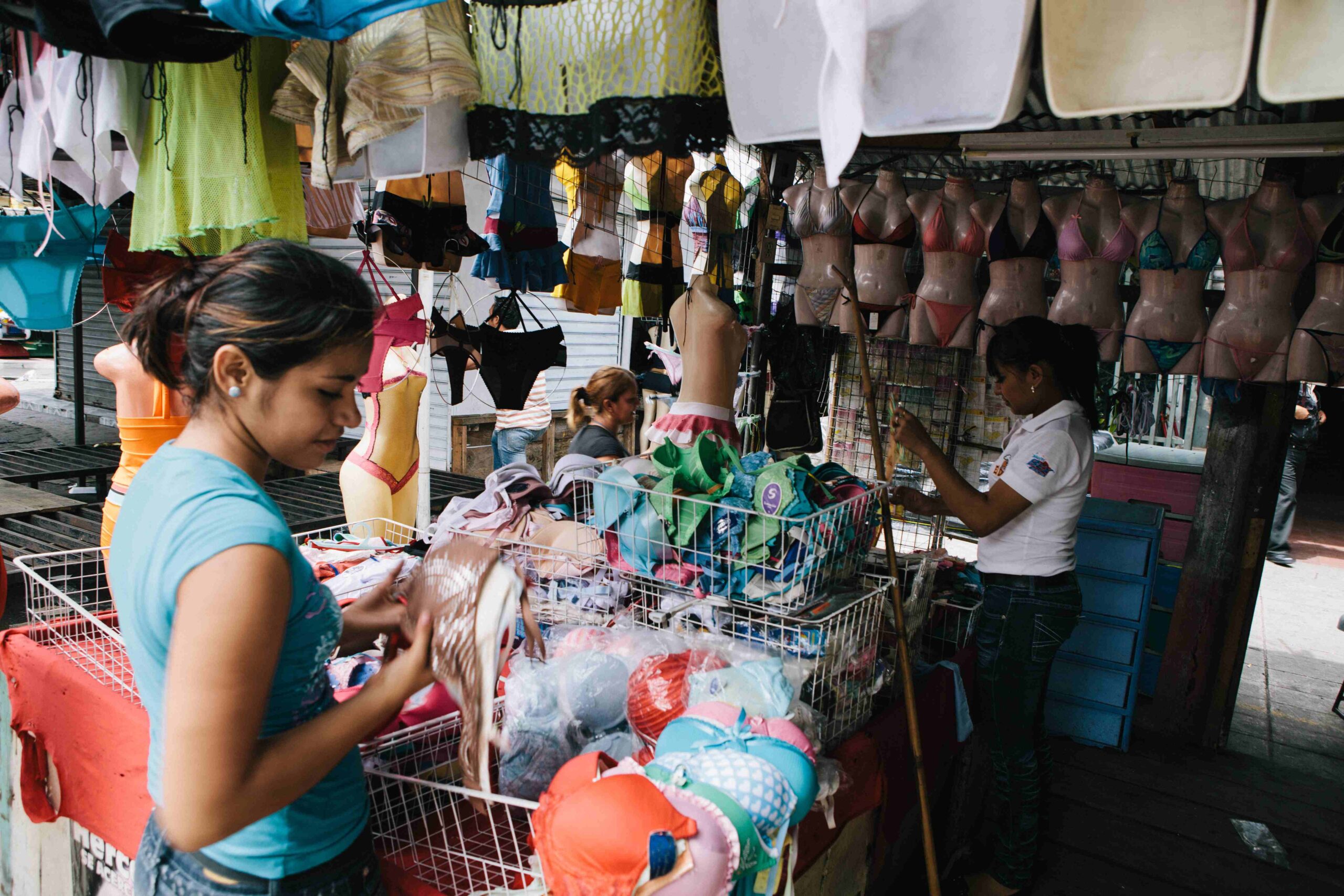


Youth in El Salvador promote entrepreneur activities to mitigate the impact of forced displacement
With a pupusería (typical food restaurant), serigraphy business, screen printing business, and a barber shop, 16 young Salvadorans affected by violence and forced displacement carry out 13 entrepreneur ventures that seek to strengthen communities and build resilience capacities.
EL SALVADOR – Through the Redes de Protección y Oportunidades Sostenibles (Sustainable Protection and Opportunities Network) project implemented by Plan International, with the support of UNHCR, the UN Refugee Agency, and the World Food Program (WFP), a technical training and assistance process was developed. “We were in training sessions. They taught us a lot: how to start the business, advertising…” explained José*, one of the youth who has set up a barber shop. Even though many people are forced to displace, this project has offered hope in the firm of an alternative solution that can be built from El Salvador. “Here you can also make life,” added José.
This activity is part of a coordination strategy between UNHCR and WFP in El Salvador, which seeks to establish joint mechanisms to provide humanitarian assistance and support to restore the livelihoods of populations affected by forced displacement through a cash aid modality. In addition, the activity seeks coordination with local actors and communities to strengthen leadership in order to optimize the protection response to communities affected by food insecurity and social violence.
In the framework of the application of the Global Pact on Refugees, the Resident Coordinator of the United Nations System in El Salvador and representatives of UNDP and IOM, accompanied by teams from UNHCR, WFP, and Plan International, visited the businesses to learn about the operation of the project and explore possible areas of collaboration.
“With the direct support of other partner agencies of the United Nations System, we want to broaden the scope of these very successful pilot programs, which represent at the same time measures to prevent displacement and recruitment, particularly for youth, but also responses and solutions that are effective to their disadvantaged condition. We want to multiply these efforts in the municipalities most affected by violence to generate opportunities and hope for youth,” said Elisa Carlaccini, Head of the UNHCR National Office in El Salvador.
In the spirit of a ‘whole society’ approach, these collaborations will improve humanitarian responses while establishing a basis for linking this assistance with development initiatives that produce direct benefits for forcibly displaced people and their host communities. In El Salvador, UNHCR’s persons of concern include those who have been deported and who face protection risks upon returning to their communities of origin, as well as those who have been internally displaced. Based on the Pact, UNHCR seeks to promote the resilience and self-reliance of forcibly displaced people in a way that also benefits host communities.
The original article in Spanish can be accessed through the link below:



Portal de monitoreo a vulneraciones de derechos humanos
El equipo de investigación de Cristosal brinda monitoreo constante a las violaciones en materia de derechos humanos, para brindar información oportuna y certera sobre las causas y efectos de estas sobre las poblaciones vulneradas. Alimentado por datos provenientes de instituciones Estatales, de sociedad civil y de cooperación internacional, sus publicaciones fortalecen la labor de defensa y promoción de los derechos humanos en el Norte de Centroamérica.